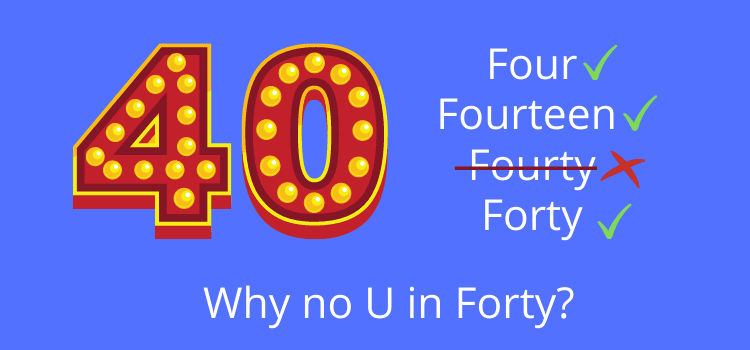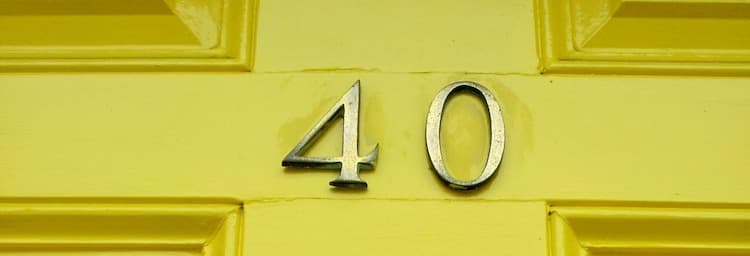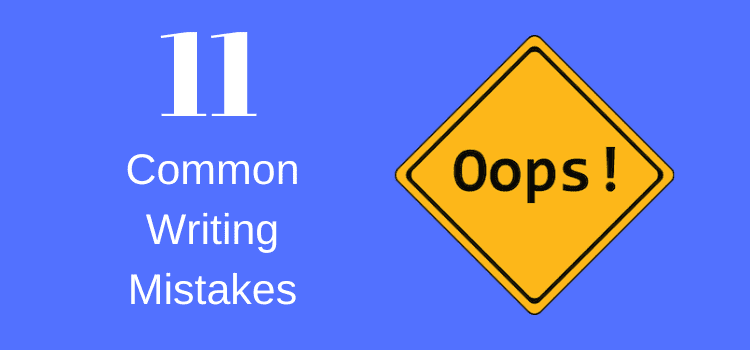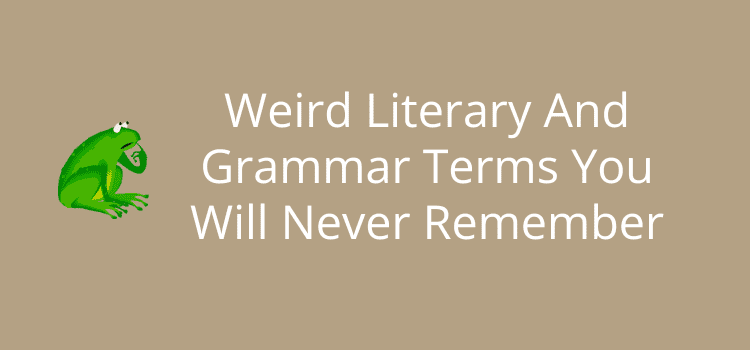
Do you ever think about the spelling of the number 40 without a U, while other numbers like four and fourteen have one?
It’s a strange exception to the rule, but the number has an interesting history.
Spelling the number 40 is one of the little oddities of the English language.
So what’s the story behind the spelling of forty or fourty, and is the word fourty still in use?
The history of the words forty and fourty
You might think that the difference in spelling forty and fourty is an American and British English variation such as in color and colour. But the correct spelling is forty in both.
According to the Oxford English Dictionary, the word derives from the Old English words féowertig and féowurtig. These were in use between the 7th and 11th centuries.
Later in Middle English during the 12th and 15th centuries, it changed to fowwerrtig and feortig.
There were other variations, including feouwerti, fuerti, feowrti, fourte, fourti, vourti, vourty, and fourty.
One of the earliest uses of fourty appears in Chaucer’s Canon’s Yeoman’s Tale in 1386. If that thee list it have, Ye shul paye fourty pound.
The word fourty appeared in the latter part of this time and stayed in use between the 15th and 18th centuries.
Merriam-Webster believes that it wasn’t until the 18th century that the word forty came into popular use.
However, it is unclear as to why the U disappeared from the word at that time. No one seems to know.
On a personal note, my favorite number is 42. So, I wonder if Douglas Adams thought about how to spell 42 when he wrote The Hitchhiker’s Guide to the Galaxy.
Did he toy with the idea of spelling it fourty-two? He probably did, I’m sure.
The significance of the number 40

Did you know that 40 appears over 150 times in the Bible?
The phrases are familiar to many of us.
Genesis: God sent rain for 40 days and 40 nights as Noah and his family would remain alive in the ark.
Samuel: … we meet the giant named Goliath who taunted the Israelites every morning and evening for 40 days.
Matthew: Jesus fasted forty days and forty nights, and afterwards he was hungry.
Shakespeare also used the word forty frequently in his plays.
Sonnet 2: When forty winters shall besiege thy brow.
Hamlet: For forty thousand brothers could not, with all their quantity of love, make up my sum.
But interestingly, he used an odd spelling of 40 in this line in The Tragedy of Coriolanus.
On faire ground, I could beat fortie of them. Source.
In literature, the number forty mostly indicates a specific number.
But it also can represent a long period of time or emphasize the greatness or importance of something.
Another use is to create a sense of exaggeration.
But how can I not mention Ali Baba and the Forty Thieves?
Do writers still use fourty?
It’s not unusual to still find the word fourty occasionally in modern writing.
Nature World News published an article in 2016, and the following quote is still appearing.
Female grey whales are fighting for their life. Fourty-three female whales are breeding in the group in 2015, a big increase from the 27 female whales in 2004.
If you’re interested in astronomy and physics, you might want to read Fourty Years of Solar Spectroscopy. It was published in 1965 and is still listed in many journals.
The National Library of Medicine lists an article titled, One hundred fourty years after the discovery of islets by Paul Langerhans.
It’s hard to know if these instances of spelling the word fourty are intentional or a mistake.
It could just be that there are a few writers who think that the word fourty looks more profound or scholarly with a U.
More Reading: What does have no truck with mean?
Spelling 40 is a common mistake

For anyone learning English, the correct spelling of 40 comes as a surprise. Yes, it’s four, fourteen, four hundred, but forty!
It’s even more confusing when you think that for a fraction, the spelling is one-fourth because it relates to the number four.
But for an ordinal number, it is spelled the fortieth because it refers to the number forty.
Why is there no U in forty? All you can do is accept that there is no U, and that’s the rule.
It’s not much different from five and fifty and two and twenty. It’s simply about spelling and ease of pronunciation.
Summary
The spelling of forty has changed over time, but the current spelling without a U has been in use since the 18th century.
The reason for the disappearance of the U is unknown.
However, it is likely due to the evolution of the English language and the connection between syllable stress pronunciation and simplified spelling.
You could think about the change from ye olde shoppe to the old shop as another example.
Whatever happened to the U in forty, just remember that the correct spelling for the fraction is still one-fourth, and the ordinal number is the fortieth.
Related reading: How Do You Make Do And Don’t Plural In Writing?
Share This Article



When I see forty spelled out, and how the concept of 40 was written centuries before, I wonder how long it is going to be before “I see you forty times a year” is written, “I c u 40x a yr..”
Language style doesn’t seem to change as quickly as clothing style, but what was once “correct” usage still falls out of favor.
Maybe roman numerals can make a comeback, Joelle. “I c u xxxx a year”. It has a certain ring to it. lol